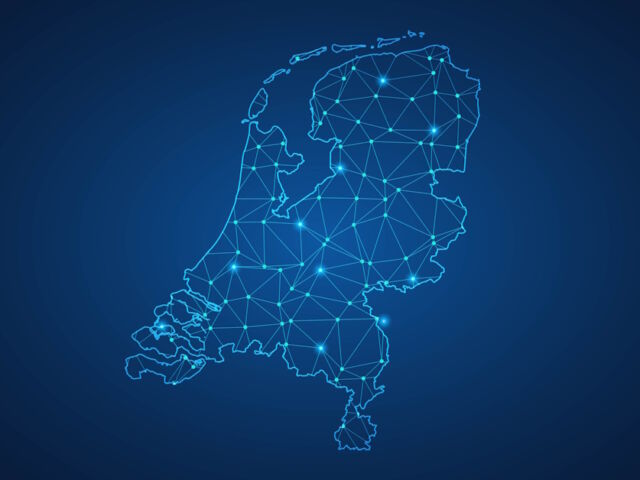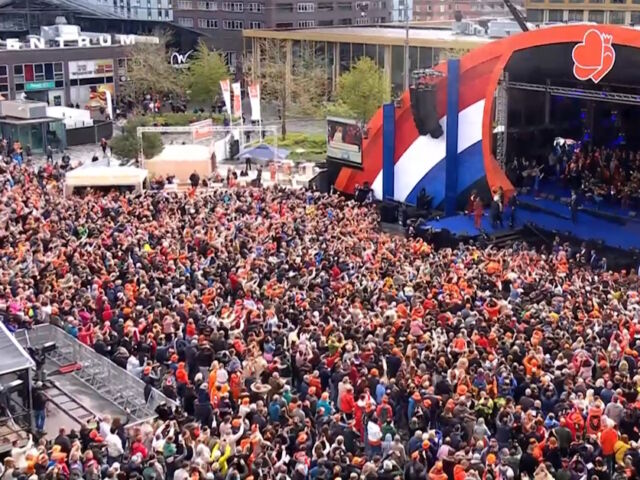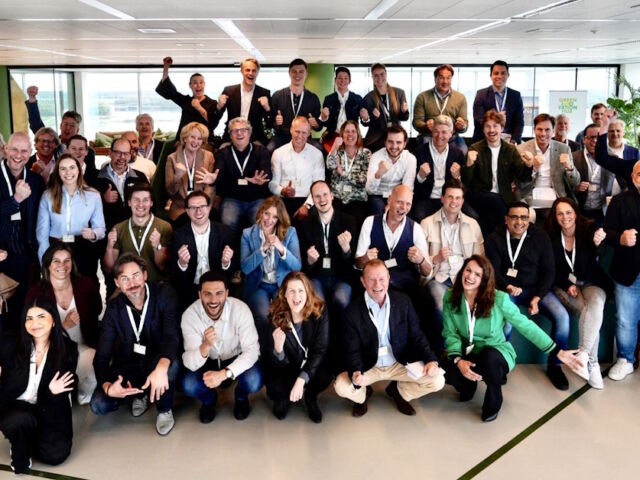The new coalition agreement 2024-2028 offers plenty of opportunities to use digital twin technology for more efficient governance and better cooperation between governments. Digital twins can help reduce dependence on external consultants by securing knowledge within the organization. They support the housing sector by enabling better coordination and faster construction procedures. In addition, digital twins contribute to a safer society by providing real-time data and integrated information capabilities. In this article, we discuss how this technology can help achieve the goals of the coalition agreement.
1. From hiring knowledge to securing knowledge
The coalition agreement states that they are going to reverse the growth of civil servants and the use of consultants in core departments. This is where digital twin technology comes in as a solution to secure knowledge within the organization and work more efficiently.
"This is because the coalition parties want to change the role of the national government and thus the departments. The national government will focus more on directing, while the decentralized authorities must focus more on implementation in the region. Implementation services will therefore be spared, but the intention is to drastically reduce the number of government officials and consultants."
Digital twins can help decentralized governments better communicate and cooperate from a shared view of the physical environment. By linking data from basic and core registries in real time, they can determine, for example, where best to start housing projects, how to address insecurity in neighborhoods and where to improve infrastructure to stimulate economic growth. This leads to relevant insights and better decisions in both policy and implementation.
2. Housing construction requires integral coordination and acceleration
Addressing the housing crisis is one of the priorities of the coalition agreement. Digital twins can play an important role here by speeding up construction procedures and improving coordination between all parties involved.
"There will be a coordinating minister who will direct land use planning and determine where and how much housing should be built, with special attention to focus groups such as young people, the elderly, smaller households, and the homeless."
With digital twin technology, permitting agencies and construction companies can collaborate more efficiently by gaining real-time insight into construction logistics and the accessibility of new housing developments. Forecasting models and integrated use of data and information on a single map help us choose the right locations and speed up the construction process. This helps achieve affordable and suitable housing for different target groups, while taking into account broader prosperity and sustainable development.

3. Collaboration on data-driven security
The coalition agreement places great emphasis on national security and tackling organized crime. Digital twins and AI can play a major role here by sharing knowledge and providing integrated information facilities.
"Tackling digital threats from state actors and cybercriminals is strengthened. Intensive cooperation between government, security forces, science and industry is promoted, and maximum penalties for cybercrime are increased."
Digital twins can ensure that all parties involved have the same information picture, which is essential for a rapid and coordinated response to security threats. Real-time data and integrated information can improve the effectiveness of security measures and enhance cooperation between different government agencies. This is especially important at a time when cities are becoming busier and the need for integrated security measures is increasing, in part because of international geopolitical tensions and the need for higher alertness.
Seize the opportunities of digital twin technology
The coalition agreement offers several opportunities for leveraging digital twin technology to improve knowledge assurance, housing and security in the Netherlands. By effectively using digital twins, you can work more efficiently as a government, make more informed decisions and work more closely together to achieve common goals. Let's seize these opportunities to create a better and more efficient society.
more news
Subscribe now to the newsletter and stay informed of our digital twin innovations!







